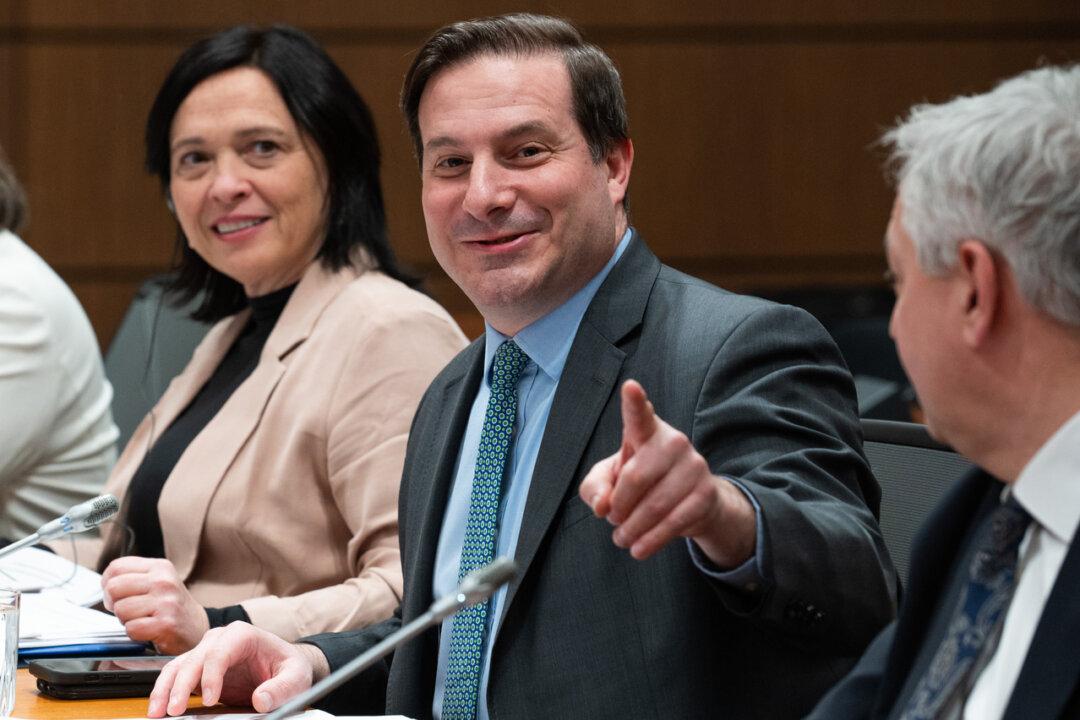Public Safety Minister Marco Mendicino has defended his government’s actions in dealing with the issue of Chinese interference in Canada’s elections regarding recent revelations in media reports.
“We had been saying for years that foreign interference represents a serious threat to our institutions, including our elections, and that is why we have put in place a number of tools that will assist our intelligence community and other agencies that operate within the public safety apparatus,” Mendicino said Feb. 28 while making a funding announcement in Halifax.





